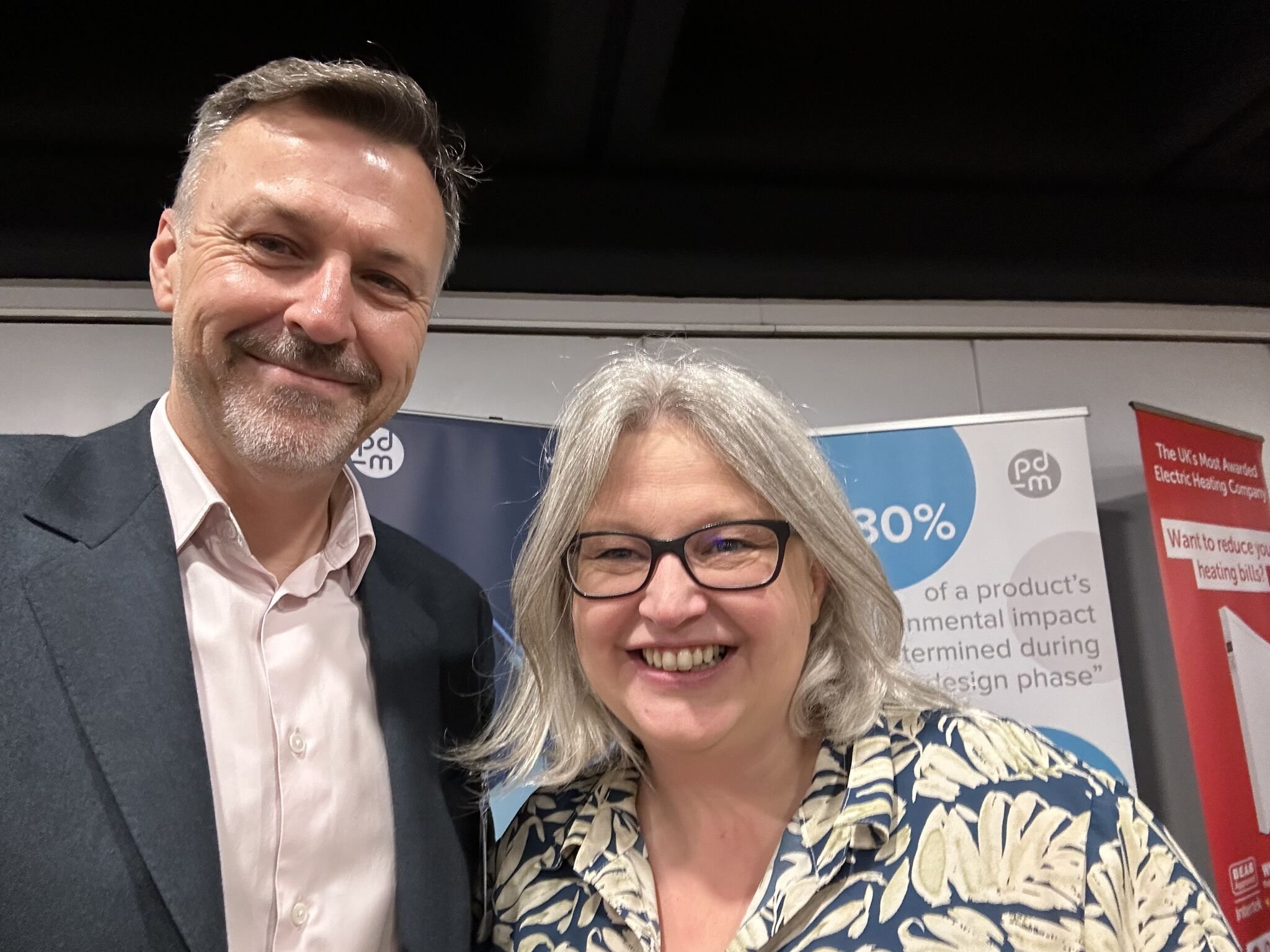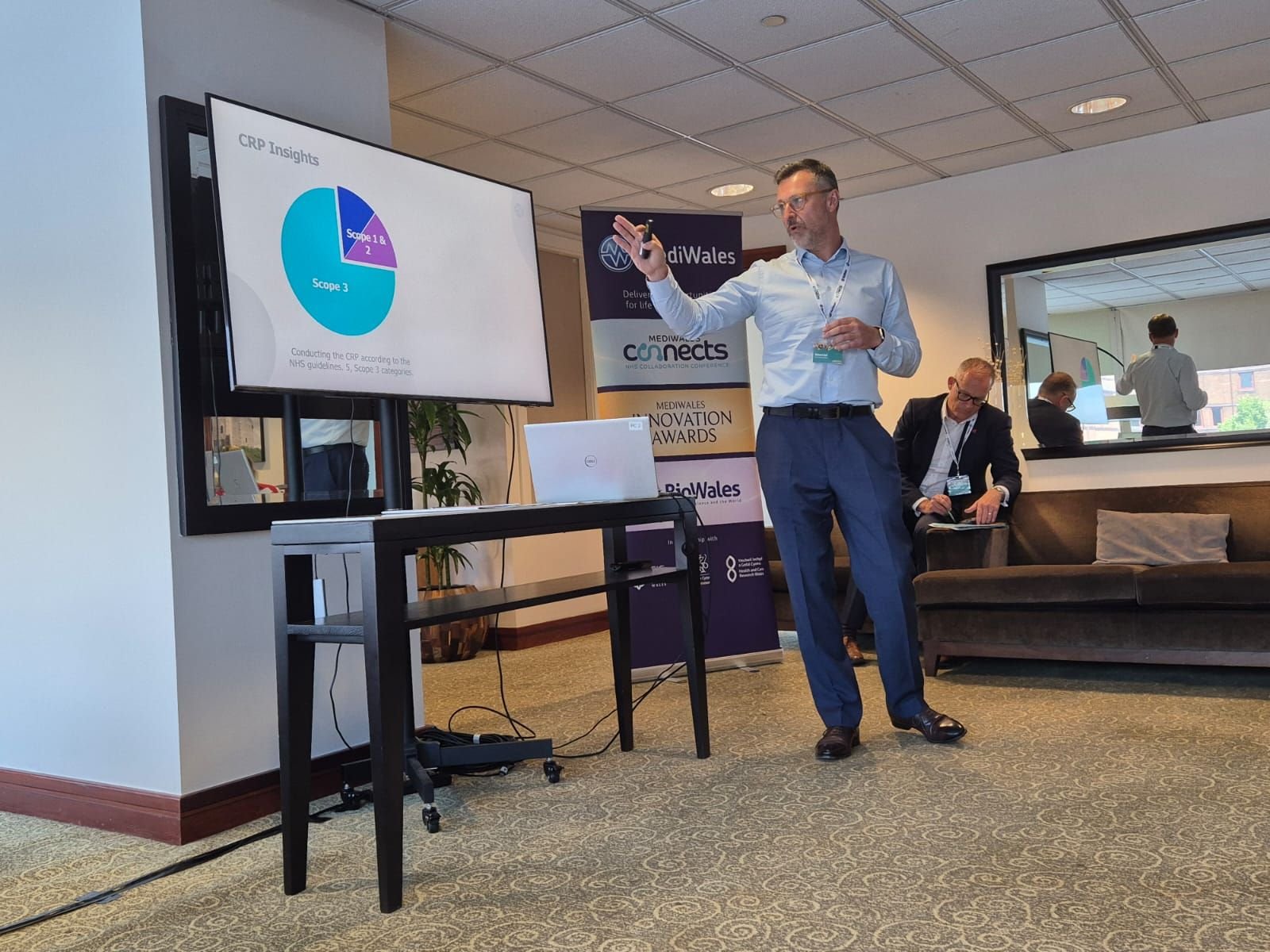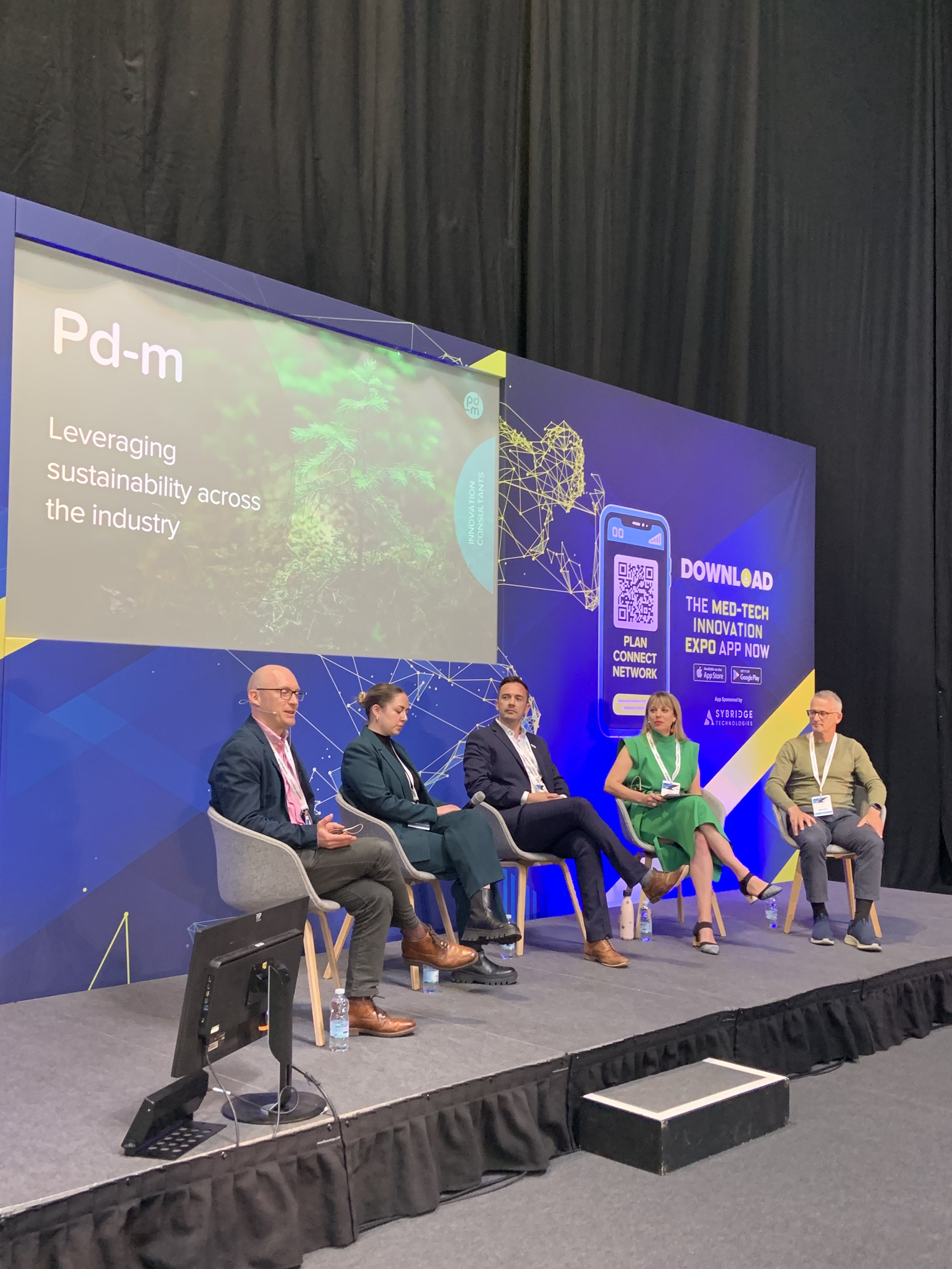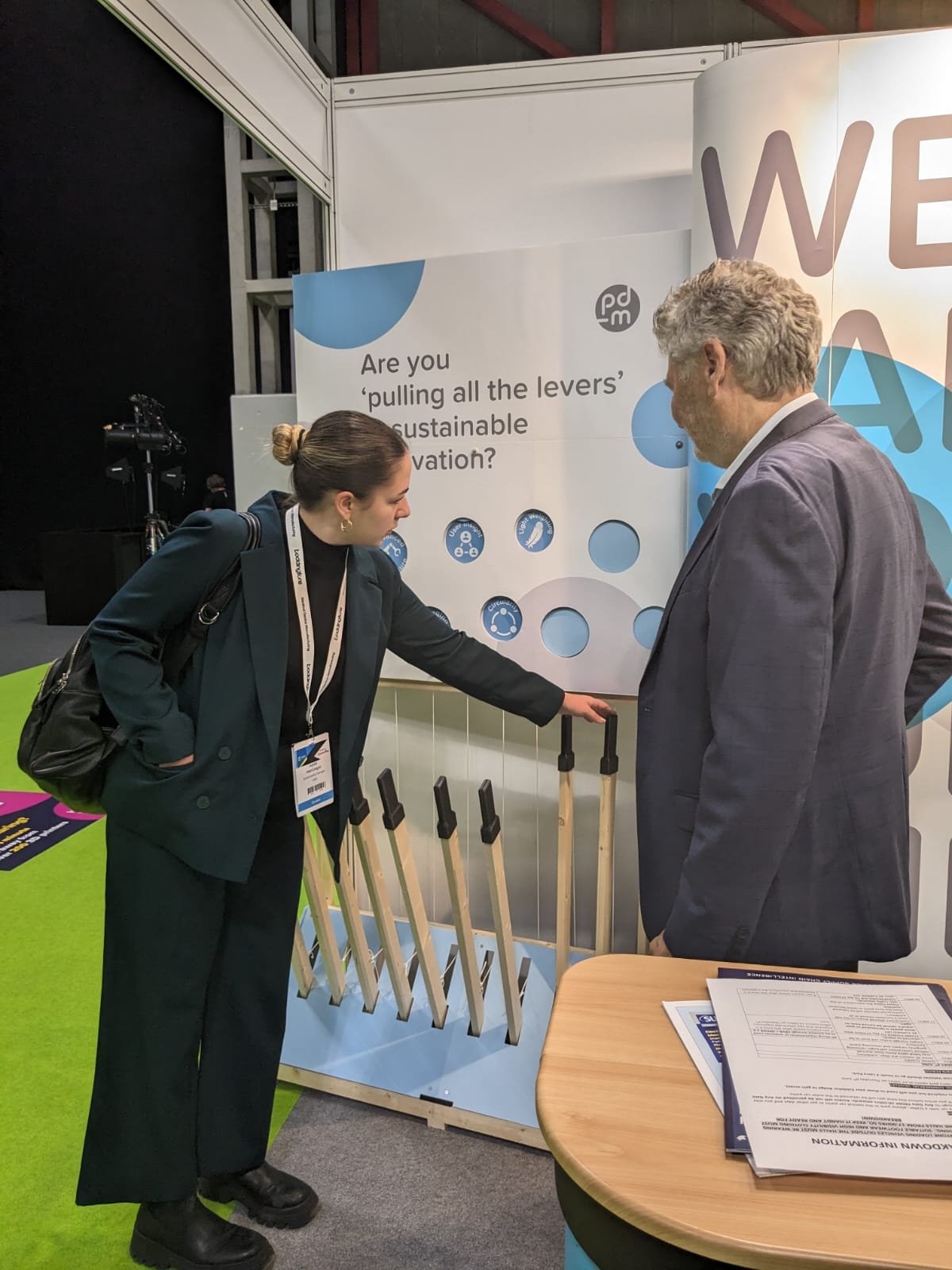Pd-m’s CEO Richard Hall Shares Insights on Early-Stage Innovation at NIHR Programme
Last week, Richard Hall, CEO of Pd-m and an experienced leader in medical device development, took the stage at the National Institute for Health and Care Research (NIHR) programme on the Adoption and Implementation of Innovation for Early-Stage Innovators. The event, hosted by Health Innovation Wessex in collaboration with ABHI, brought together emerging innovators from across the healthcare industry to explore key topics in medical technology development.
Richard’s presentation focused on the early stages of product innovation, with a particular emphasis on technologies at Technology Readiness Level (TRL) 3. His session covered:
Technical development stages critical for bringing a medical device to market, including the early conceptualisation phase and technical feasibility.
Design considerations that can make or break a product’s success, ranging from user-centered design to regulatory compliance.
Organizational resources and external support available to help innovators navigate the complex landscape of medical technology development, including design and development partners.
The importance of working with expert collaborators to ensure that early-stage ideas are aligned with technical feasibility and market needs, ultimately driving a smoother path to commercialisation.
Peter Rhodes, Programme Manager, praised the session, stating: “Thank you for such an excellent and comprehensive talk on product development. You gave the delegates such a clear overview of all they need to consider…we could have spent a week on this topic alone.”
This programme is designed to give early-stage innovators the insights and tools they need to move their innovations from concept to market, addressing critical stages of technical development that can significantly impact the trajectory of their projects.
Through his experience leading product development across a range of medical technologies, Richard highlights how getting innovation right in the early stages helps mitigate risks, reduce costs, and lay a solid foundation for future scalability.
By sharing our expertise in design and development, we aim to contribute to the growth of emerging innovators and ensure that their ideas have the best chance of reaching the market.
We extend our best wishes to all the participants of the programme and look forward to seeing their products make an impact.





































